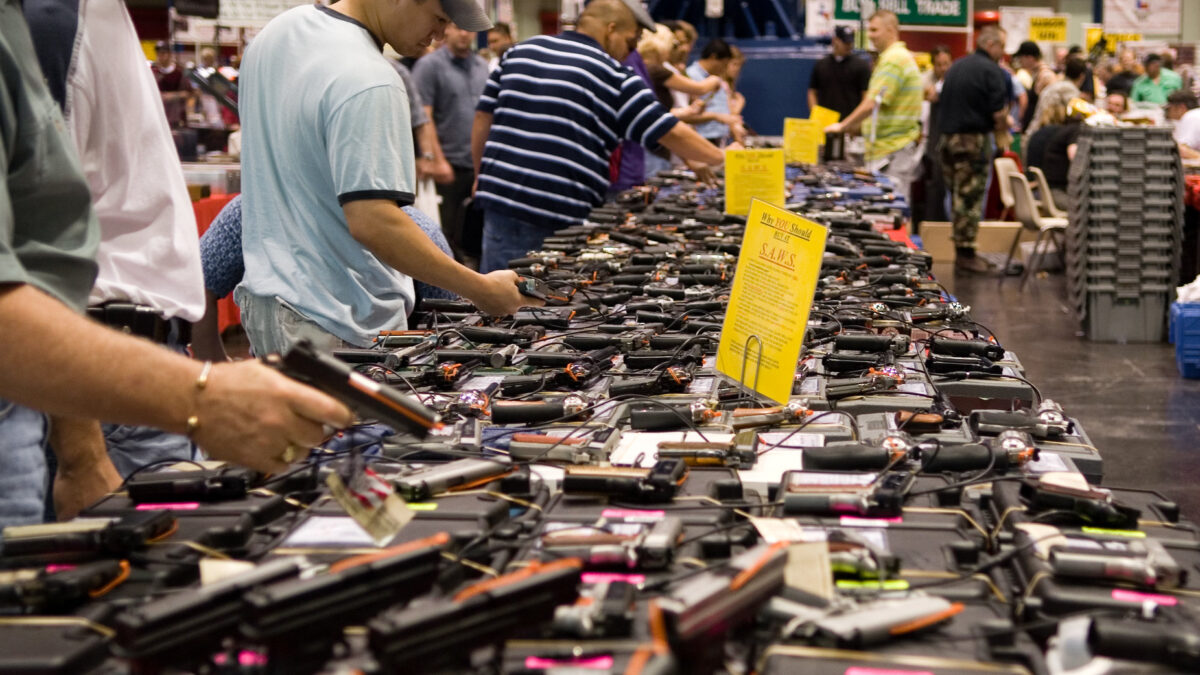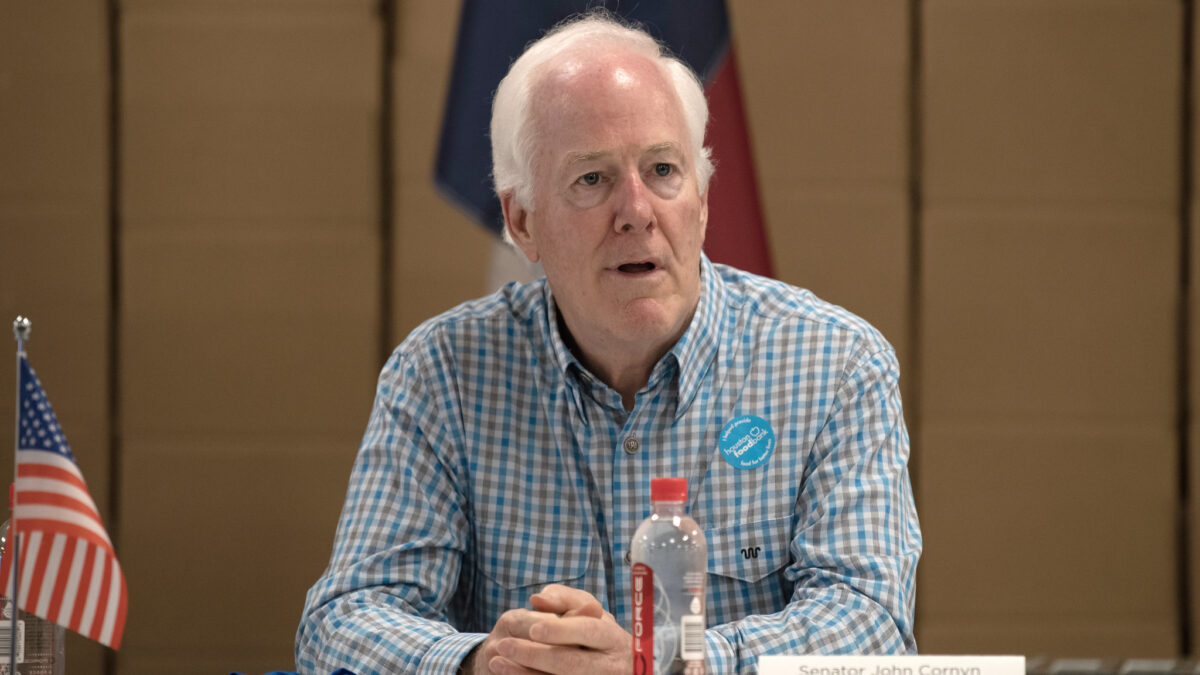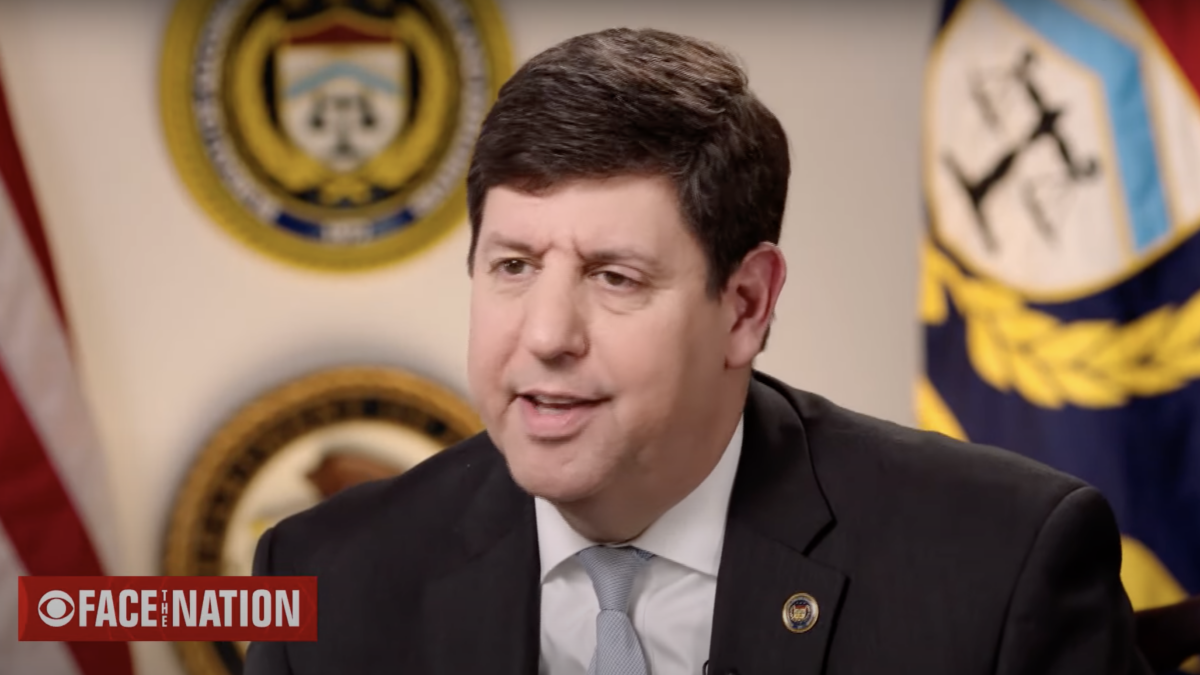
Several years ago, I walked into my garage, closed the door, climbed into my car, and turned on the engine. I sat in the front seat listening to Pink Floyd as gas filled up the car. I wanted to die.
I wrote about this shortly after Robin Williams committed suicide in 2014. I was overcome with despair, the difficulties and failures of life, broken promises, broken lives—much of it caused by me. I didn’t think I was good for anyone. I had convinced myself that it would be better for everyone—my husband, my children, my parents—if I just ceased to exist.
Tears burned my eyes, but they refused to fall. Pain spread out from my chest in waves, sending tingles through my fingers. I rubbed them, but the pinpricks remained. I longed to feel numb, but all I felt was an ache that scraped from within. Despair had grabbed hold of me and wouldn’t let go. It was as if I was locked in that strained moment between sudden grief and the cleansing release of tears. I bent over the steering wheel and wailed. I wished I could vomit up every dark feeling, the hopelessness, the loneliness, the fear. But they wouldn’t come. The pain remained, crushing me, driving me to the only place I thought to find release. Only the grave would give me peace. Only death would set me free. Then I would be numb. Then I would feel nothing.
That was my state of mind—despair. I just wanted to close my eyes, breathe in the fumes, and disappear.
I know what it’s like to become overwhelmed with depression and feel like even death would be better than the daily drudgery of living. That’s why when I read Goldie Taylor’s post at The Daily Beast about suicide, “The Guns We Don’t Talk About,” I could relate so well to her story. I could sympathize with her pain.
With great sensitivity, she writes about how she couldn’t face the hardships of her life any longer. Death was her only choice, or so it seemed in the moment.
I sat in the dimly lit room—for minutes or hours, I do not know—surrounded by the remains of my life, haunted by a broken marriage that was nearly 10 years gone, a failed business, a pile of overdue utility bills, and a string of eviction notices. We were living, if you could call it that, on $150 a week in child support and a few hundred dollars each month in food stamps. What was left of our furniture was in storage, paid for by our church benevolent fund. There had been two flat tires, but no job interviews that week. The weekly motel rent was due again and there wasn’t a dime left on my credit card to cover it.
I placed my gun on the bed and kneeled down on the carpet to pray. I listed my complaints and my failings. ‘Father, help me.’
I know that dark place so well, even the cry to God for help, the pressing weight of life’s failures, and the need to be set free.
Yes, Suicide and Depression Are Big Problems
Taylor and I aren’t alone. Depression is the leading cause of disability worldwide, and suicide is the third leading cause of death in the world for those aged 15-44 years old. According to the Centers for Disease Control, suicide rates in the United States have been increasing in the last decade. Every day, nearly 105 Americans die by suicide.
Even though we’ve heard a lot about gun violence lately, guns are not the leading cause of death in America, not even close. The top causes of death are heart disease, cancer, and other health problems. Suicide ranks tenth, and homicide is far below, at 17. The most commonly used suicide method among males (51 percent) is a gun, and more men commit suicide than women. For women, the most common method is poisoning.
In light of the high suicide rates, Taylor makes an impassioned plea for readers to support President Obama’s gun control measures, because more needs to be done about stopping suicide in America.
We should not forget that when an individual owns a gun they are more likely to kill themselves and/or someone they love. Survival rates among those who attempt suicide by other means, such as a pill overdose or hanging, are higher than for those who use a gun. It is no accident that states where guns are most prevalent also report higher suicide rates. According to the Annals of Internal Medicine, people who live in homes with firearms are two to three times more likely to be murder victims or commit suicide….
If we are to truly host a national conversation about gun violence and commit ourselves to real solutions, we cannot forget the people who die alone in the dark.
While Taylor makes a compelling argument, it doesn’t hold up to the facts. Most of what she cites, including disputed studies about people being more likely to be victims of murder or commit suicide if they have a gun in their home, is correlation, not causation.
But Guns Don’t Cause Suicide
This is a point made in a National Academies’ Firearms and Violence report, which thoroughly examines studies such as those Taylor cites in light of direct causality. From all the evidence gathered, the committee came to the following conclusions:
States, regions, and countries with higher rates of household gun ownership have higher rates of gun suicide. There is also cross-sectional, ecological association between gun ownership and overall risk of suicide, but this association is more modest than the association between gun ownership and gun suicide; it is less consistently observed across time, place, and persons; and the causal relation remains unclear.
The risk of suicide is highest immediately after the purchase of a handgun, suggesting that some firearms are specifically purchased for the purpose of committing suicide.
Some gun control policies may reduce the number of gun suicides, but they have not yet been shown to reduce the overall risk of suicide in any population.
An important point the report makes—and one Taylor glosses over—is that even if you remove guns from a home, a person who wants to commit suicide will still find other means. As previously mentioned, women mostly kill themselves with poison. Removing guns will do nothing to help most women who struggle with depression that leads to suicide. And while it is true that guns are more lethal, and men use guns more than any other method, suicide statistics in countries that have tight gun control laws don’t support the argument that removing guns will reduce suicide rates on the whole.
Mark Antonio Wright makes this point in “Ezra Klein is Wrong: Gun Control Doesn’t Reduce Suicide Rates.” Like Taylor, Klein argues that reducing gun availability would decrease the suicide rate. But when you look at countries with the world’s strictest gun laws, this argument doesn’t hold up.
Wright first takes us to Australia, where there seems to be a relationship between its buy-back gun program and a drop in the suicide rate. But “the reduction occurred at the same time as an overall reduction in the Australian suicide rate. What’s more, firearm-related suicides had been declining in Australia for nearly ten years before the 1996 restrictions on gun ownership.”
Next, we go to Japan, which has the world’s most restrictive gun-control laws. While the country does have low homicide rates, it has one of the highest suicide rates in the world, nearly twice the U.S. rate! The same is true in South Korea, where handguns are practically nonexistent, but the country has the highest suicide rate in the developed world. The reason for the high rates of suicide are social and cultural factors, not the availability of guns.
“Guns are certainly not a factor in the suicide rate,” Wright says. “Along with hanging, drowning, and jumping off of buildings, ingesting pesticides was the method of choice for nearly 25 percent of South Korean suicides between 2006 and 2010. In 2012, more than 14,000 South Koreans took their own lives.”
The same is true for other nations, such as Hungary, Poland, France, Cuba, Belgium, and Austria. They all have higher suicide rates than the United States but have stricter gun control policies. Granted, there are countries with strict gun laws that have slightly lower suicide rates than America (e.g., New Zealand, Canada, Sweden, and Ireland), but given that this is not the case across the board, cultural variations, and not gun laws, must be taken into account.
Civil Society Helps Suicidal People Better than Laws
There is simply no solid evidence that more gun control will significantly reduce suicide. People will find a way to kill themselves if that’s what they want to do. Not only that, it’s not the government’s job to protect people from themselves. Being free means letting people make choices about their own lives—even if that means ending them.
This is something the Left seems to understand regarding assisted suicide—something they wholeheartedly support. Their inconsistency is glaring. Not so for those of us who believe people have a right to do what they want with their own lives without government intrusion (the difference with assisted suicide is that another person—a physician—is involved).
Does this mean there’s nothing to be done to help people who are struggling with despair and thoughts of suicide? There certainly is, but that help can’t come from the federal government. It has to come from individuals and communities, from the civil society, from local associations working together to show love and support to those who are hurting.
It also means looking to the real causes of suicide—a gun is simply the tool (and one of many); it is not the cause. The underlying causes are manifold, including physiological issues, isolation, loneliness, broken relationships, employment pressures, and the constant expectation to have it all. The driving need to have the “perfect life” is often the root of despair in so many people. It generates a sense of worthlessness that drives us to take that gun out of the compartment or go into a garage and turn on the car.
Such fundamental psychological, social, and spiritual issues are the real problems plaguing our society. The starting point to dealing with these problems is not gun control—it’s not taking away or infringing on people’s constitutional rights. It’s seeing people as human beings who have deep needs that aren’t being met.
Laws Can’t Help Us Feel Loved
For both Taylor and me, our suicides never happened because of one thing—love. For her, it was a message from her daughter. For me, it was a poetic verse whispering in my mind of God’s abundant love. That’s what gave me hope.
The tears fell, and I turned off the engine to the car. The music stopped, and I sat in silence. In my mind, I heard a constant refrain: ‘The eyes of the Lord are on those whose hope is in his unfailing love.’ Love. And just any love—unfailing love. God’s love. He created us out of love, to love. That is our hope, that is the fuel of our faith, that is our purpose, that is what gives life meaning—to be in a loving relationship with our Creator, our Source of Life, and to share that love with others.
Guns aren’t the root problem. The root problem is that a person would see a gun or any other instrument as a means to a horrific end. Many people have allowed themselves to slip into mental patterns that tell them they aren’t valuable, aren’t loved.
This is why depressed and suicidal people need assistance that only other individuals can give, in a personal way. For some people, that’s therapy, or a condition brought about by chemical imbalances that medication can help address. Others can recover when those around them reach out, or when their internal suffering drives them to seek spiritual truths that bring healing.
Ultimately, government would have to ban everything to prevent suicide—cars, cliffs, water, you name it. Instead, we must realize that the means to kill ourselves are not really the problem—the grief that causes us to think suicide an appealing option is.









